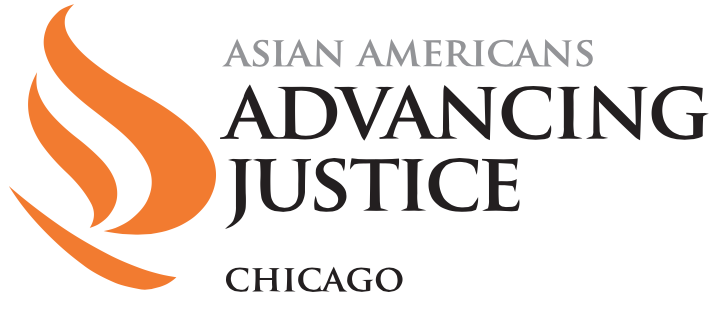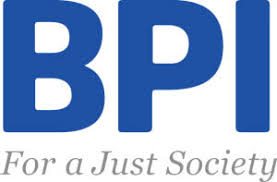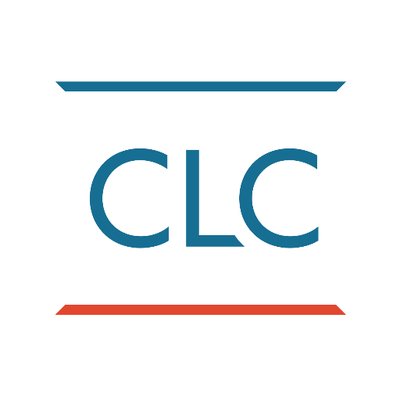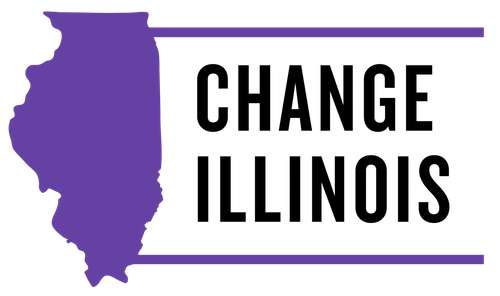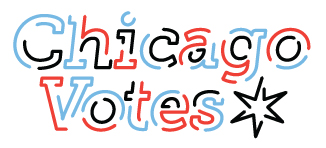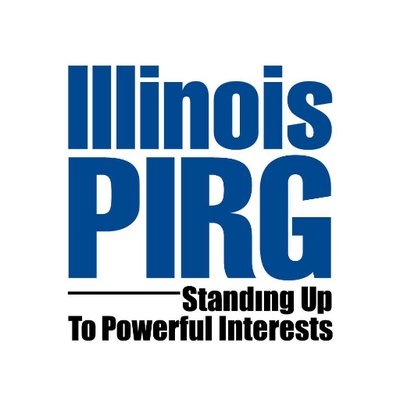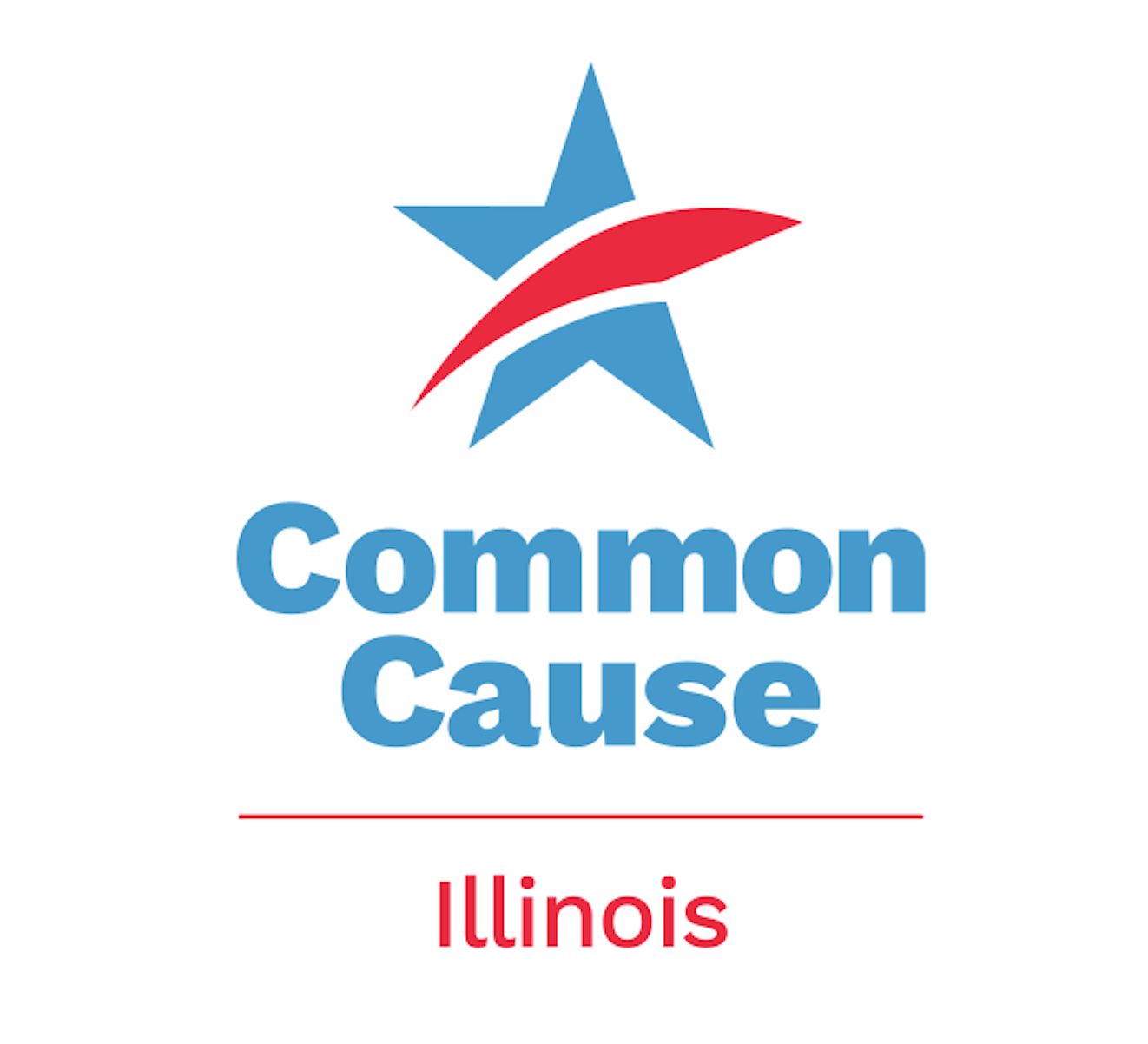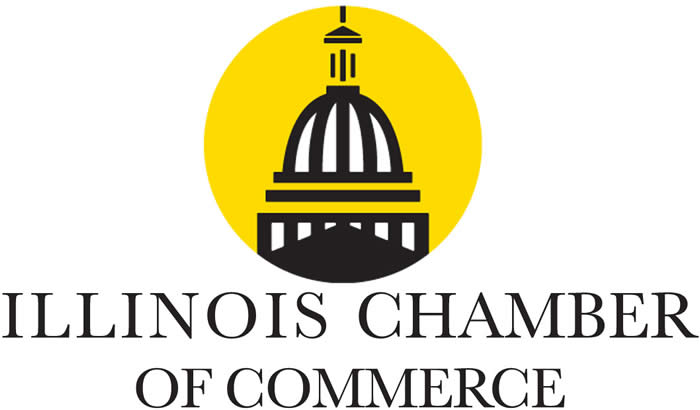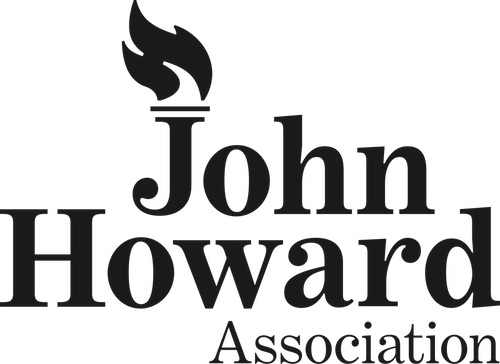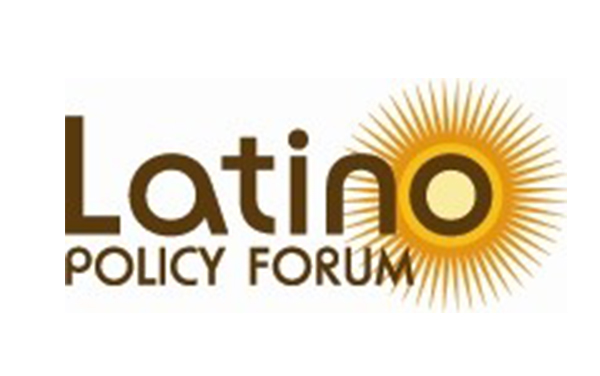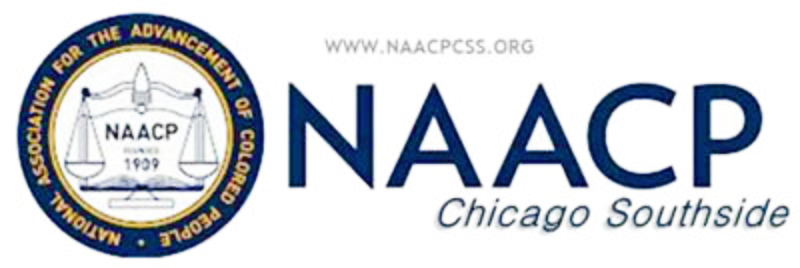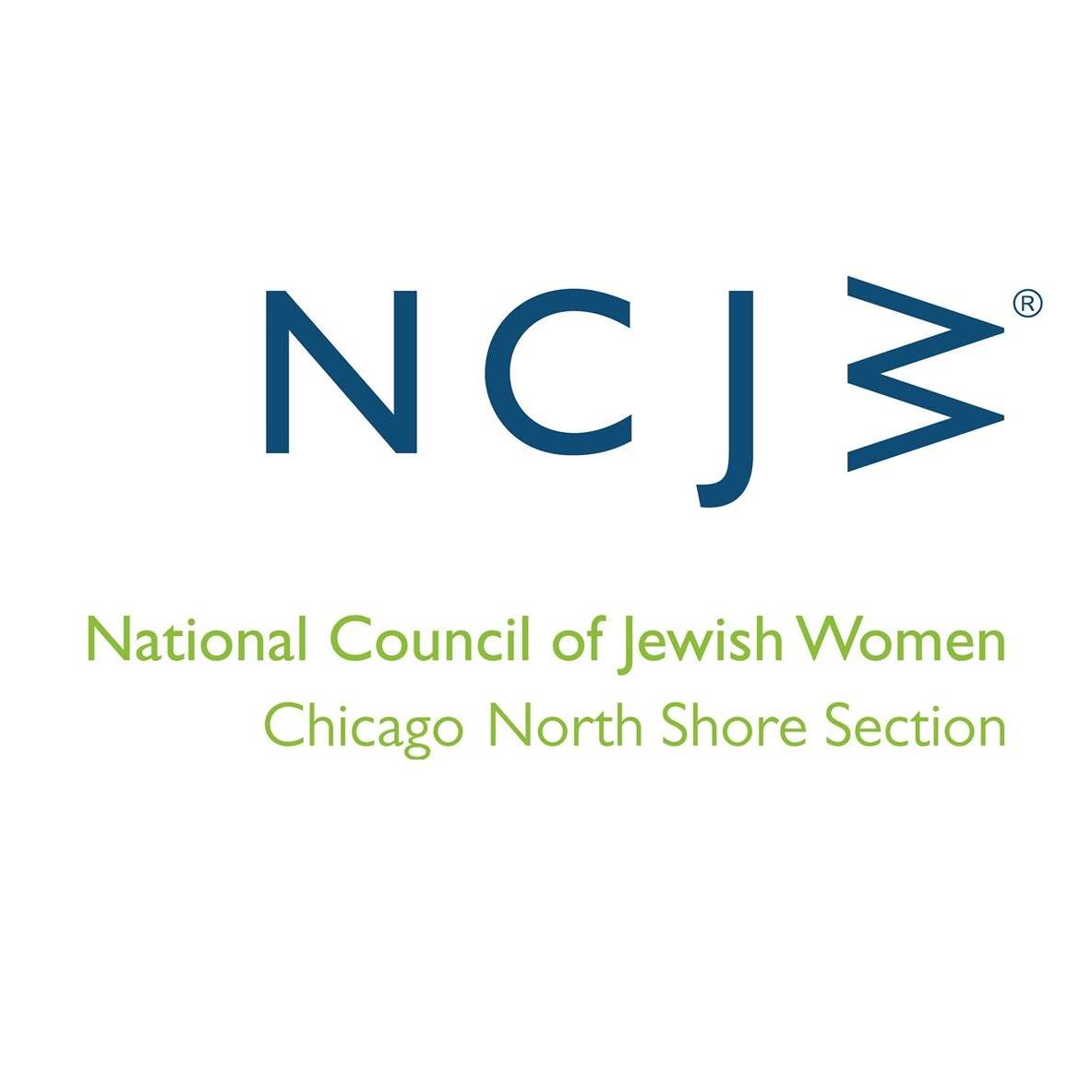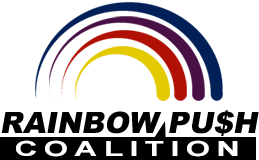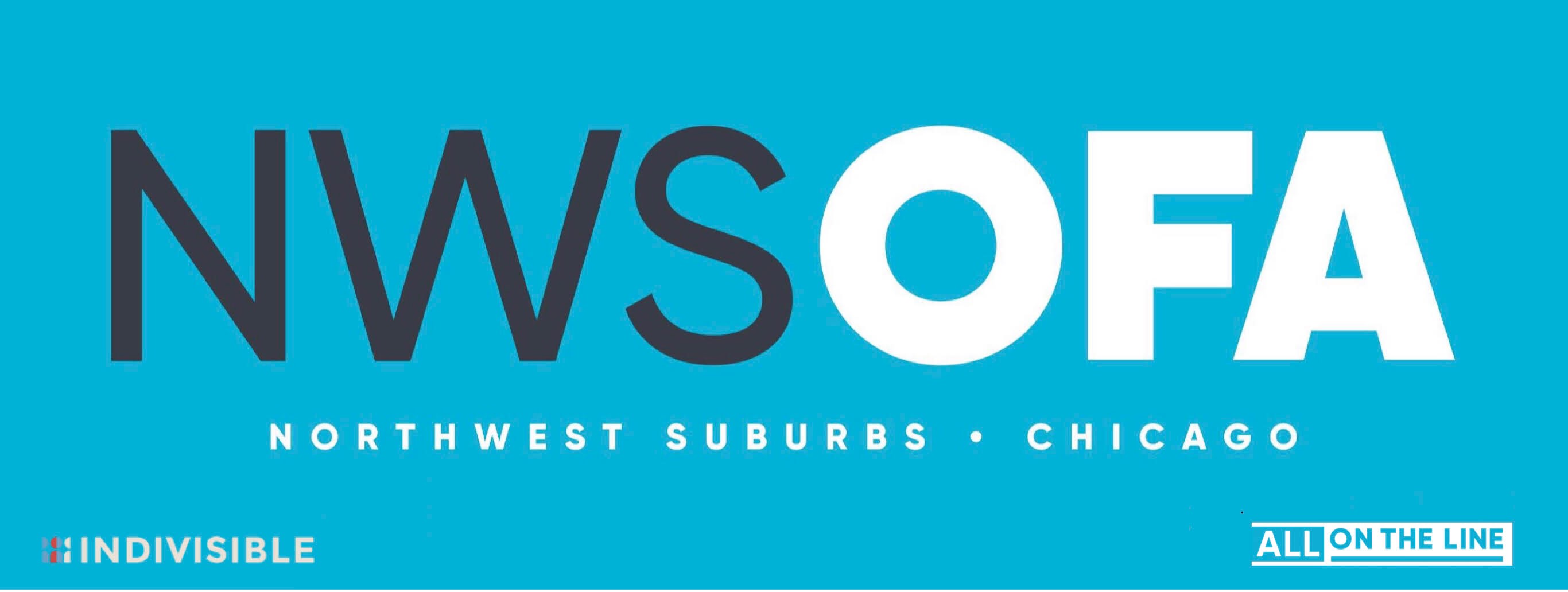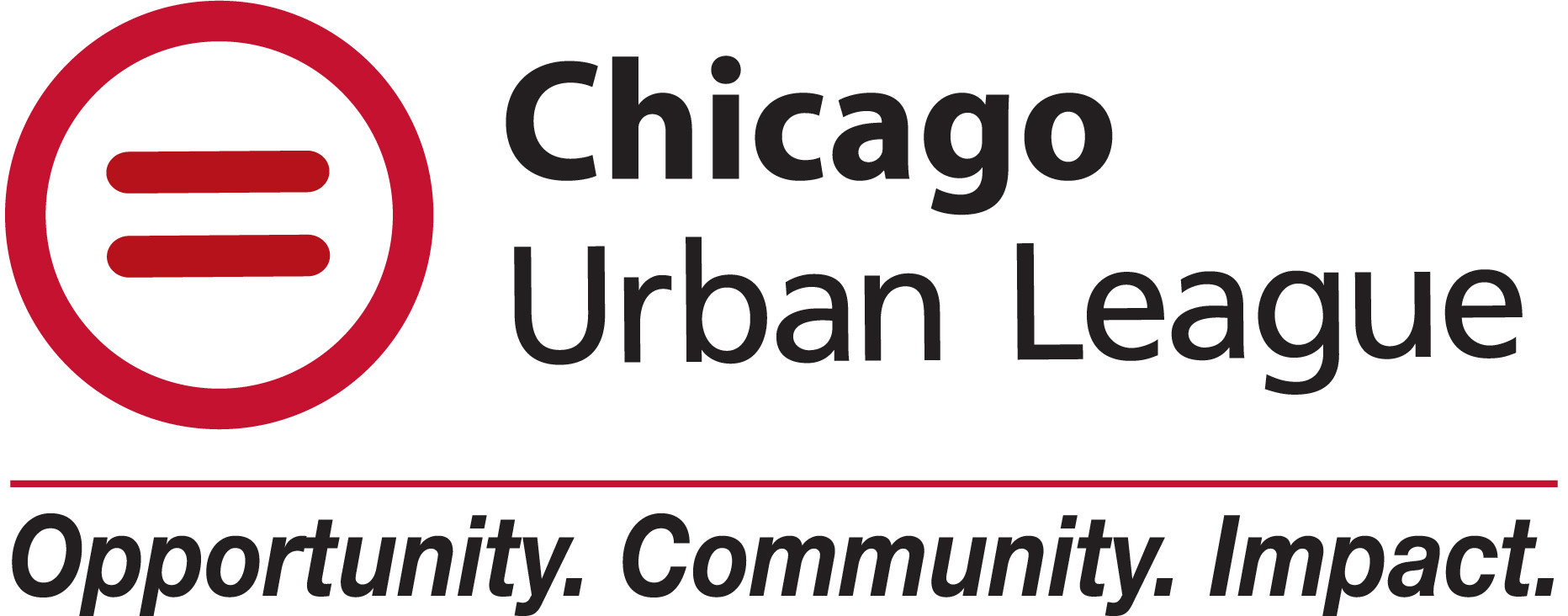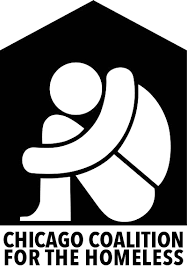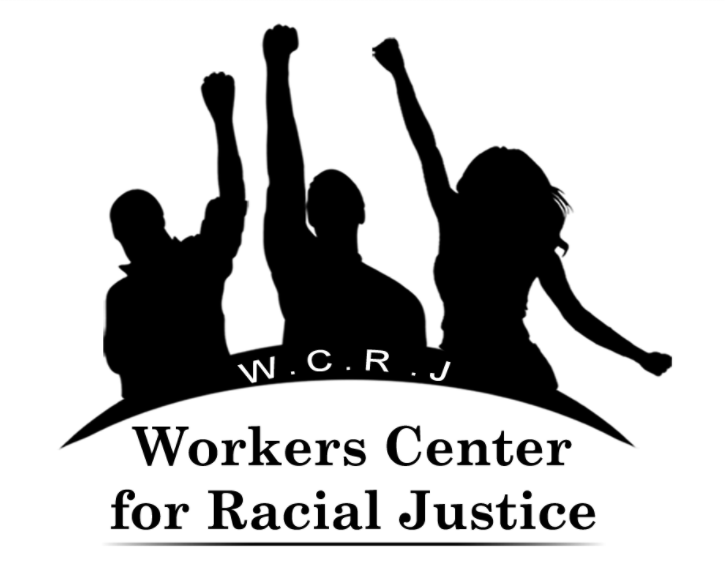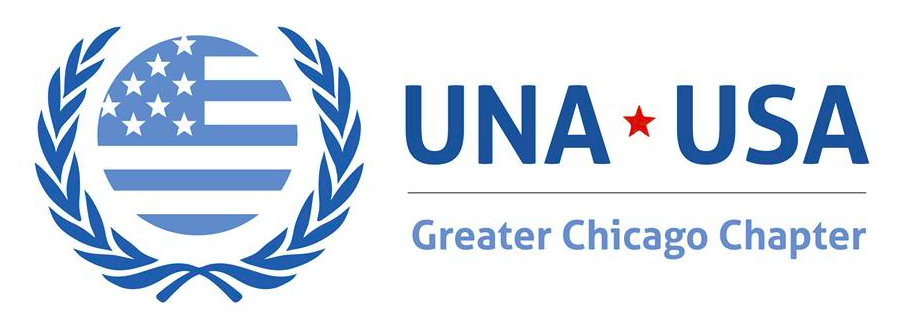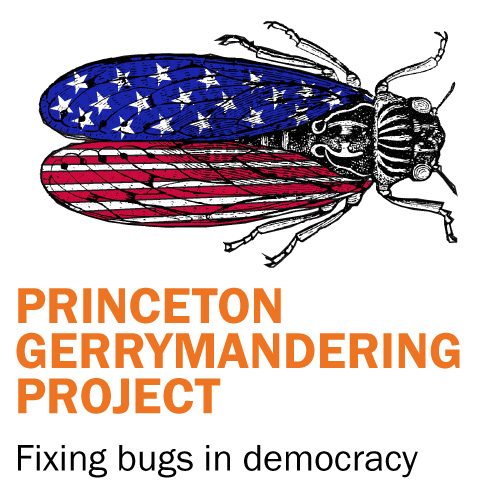Put simply, redistricting determines political power. Every 10 years when U.S. Census data is released, political party leaders in Illinois draw federal, state, and local political boundaries. Rather than voters choosing their officials, these officials choose voters who are most likely to give them a political advantage on Election Day. This practice, known as gerrymandering, predetermines outcomes, increases polarization, and produces uncompetitive elections, career politicians, and governmental deadlock, all because politicians have little to no reason to fear the consequences of being thrown out of office. Illinois is a leading example of the harm that gerrymandering does to our democracy. In 2020, 62 out of 138 state legislative races on the ballot were uncontested. There were 10 out of 20 uncontested races in the state Senate and 52 out of 118 in the House. That means almost half of the people serving in state government will represent Illinoisans, not because they were elected and had to present their policy ideas to voters through debate and outreach, but only because they submitted the proper forms to the Illinois State Board of Elections. In 2018, 82 percent of the state legislative races were uncompetitive. In previous election cycles, the percentage of uncompetitive races has exceeded 90 percent.
Putting an end to partisan gerrymandering is a cause that attracts support from Republicans, Democrats, and independents. Check out what former Presidents Ronald Reagan and Barack Obama had to say about redistricting reform:
Need a primer on redistricting? Check out CHANGE Illinois’ presentation ‘Everything you Need to Know About Redistricting’:
You can join us in the fight to end rigged districts drawn by politicians. Get involved in our many efforts to ensure that Illinois has fair maps in 2021!
“We draw the lines” community-mapping drive
In 2021, lawmakers at all levels will redraw maps for the next decade. Without a voice in the process, your community’s representation is at risk of being splintered and fractured. We’ve partnered with Representable.org to empower people in communities all over Illinois to advocate for themselves. You can join our campaign to create your own map and advocate for your community in 2021 at the federal, state, and local level!
Learn more about being involved in the community-mapping drive here.
2021 Chicago ward remap effort
CHANGE Illinois is leading an effort to call for an end to back-room deals to draw Chicago’s wards. CHANGE Illinois, along with diverse, partner community groups and advocates, officially launched the Chicago Advisory Redistricting Commission, a resident-led independent commission – without ties to city government or alders.
Watch highlights from our press conference calling for an end to the back-room deals below.
End Prison Gerrymandering
CHANGE Illinois and a coalition of organizations are calling for lawmakers to end the practice of prison gerrymandering before the 2021 remap. Those who are incarcerated, at the time of the census, are being counted in the prisons where they are held rather than in their home communities. This practice, known as prison gerrymandering, skews representation away from urban areas and toward rural areas and takes representation and political power away for Black and Brown communities.
Black and Brown people make up a disportionately higher percentage of people who are incarcerated. Counting people at a prison address perpetuates the false notion that those who are incarcerated are treated as legitimate constituents in those districts. In Illinois, political districts last for 10 years, but many felony convictions only carry a total sentencing time range of between .64 years to 2.21 years.
We are calling on state lawmakers to enact legislation to stop the practice of prison gerrymandering to begin to restore racial equity in Illinois.
Check out our recent Op-Ed in the Chicago Sun-Times calling for an end to prison gerrymandering.
End Gerrymandering Statewide
It’s time to put an end to gerrymandering once and for all. To do that we need to amend Illinois’ constitution to create an independent citizens’ commission to draw Illinois’ maps to protect communities of interest while adding transparency and public accountability to the process.
More than 30 organizations in our Illinois Redistricting Collaborative have worked together to draft the “Fair Maps Amendment” (FMA). The 2020 proposal includes key improvements to increase representation and end the practice of prison gerrymandering. Sponsored by Democrats and Republicans in both chambers of the Illinois General Assembly, the Fair Maps Amendment changes the redistricting process to end gerrymandering by:
- Removing politicians and sitting legislators from drawing their own districts
- Establishing an independent redistricting commission that must be demographically, politically, and geographically representative of our state to draw our congressional and Illinois General Assembly maps
- Protecting the constitutional rights of people in communities of color to elect a representative of their choosing
- Adding sunlight and transparency by requiring the release of all communications made by the commission as well as any data used to create and propose any and all maps
- Giving the public the opportunity to participate in the process by requiring at least 30 public hearings on the maps before a final vote is taken
Check out our 2020 Fair Maps Amendment Fact Sheet here.
If three-fifths of the members of both chambers of the Illinois General Assembly vote to adopt the amendment, voters will have the final say at the ballot box to pass the FMA and create a fair map-making process for the future.Do you want to vote against gerrymandering and finally remove politics from the map-making process? Use our tool to find contact information for your state representative and state senator here to ask them to support the Fair Maps Amendment (SJRCA18/HJRCA41).
The people of Illinois overwhelmingly support redistricting reform. A 2020 poll commissioned by CHANGE Illinois found 75 percent of Illinois voters want an independent commission to draw political districts. Previously, an independent poll by the SIU’s Paul Simon Institute found that 67 percent of Illinois voters wanted an independent commission to draw our legislative lines. Residents across the state understand competitive elections are critical to holding politicians accountable and ensuring the people truly are in control of their government.
What You Can Do
Follow CHANGE Illinois for updates on Facebook and Twitter.
Get up to speed with the redistricting reform movement in Illinois with our FAQs.
Please consider making a donation to advance CHANGE Illinois’ mission.
Become an advocate for CHANGE and help advance the democracy reform movement.
Redistricting Collaborative
- Asian Americans Advancing Justice Chicago
- AARP Illinois
- Better Government Association
- Business and Professional People for the Public Interest
- Campaign Legal Center
- CHANGE Illinois
- Chicago Votes
- Illinois PIRG
- Common Cause Illinois
- Illinois Chamber of Commerce
- Illinois Farm Bureau
- The John Howard Association
- Latino Policy Forum
- League of Women Voters of Illinois
- Metropolitan Planning Council
- Mujeres Latinas en Acción
- NAACP – Chicago Southside Branch
- National Council of Jewish Women- North Shore
- National Rainbow PUSH Coalition
- Northwest Suburbs Organizing for Action
- Chicago Urban League
- Reform for Illinois
- Union League Club of Chicago
- Unite America – Chicago Chapter
- Chicago Coalition for the Homeless
- Workers Center for Racial Justice
- The Redistrict Network
- A Safe Haven
- Adlai Stevenson Center on Democracy
- United Nations Association of Greater Chicago
Princeton Gerrymandering Project
